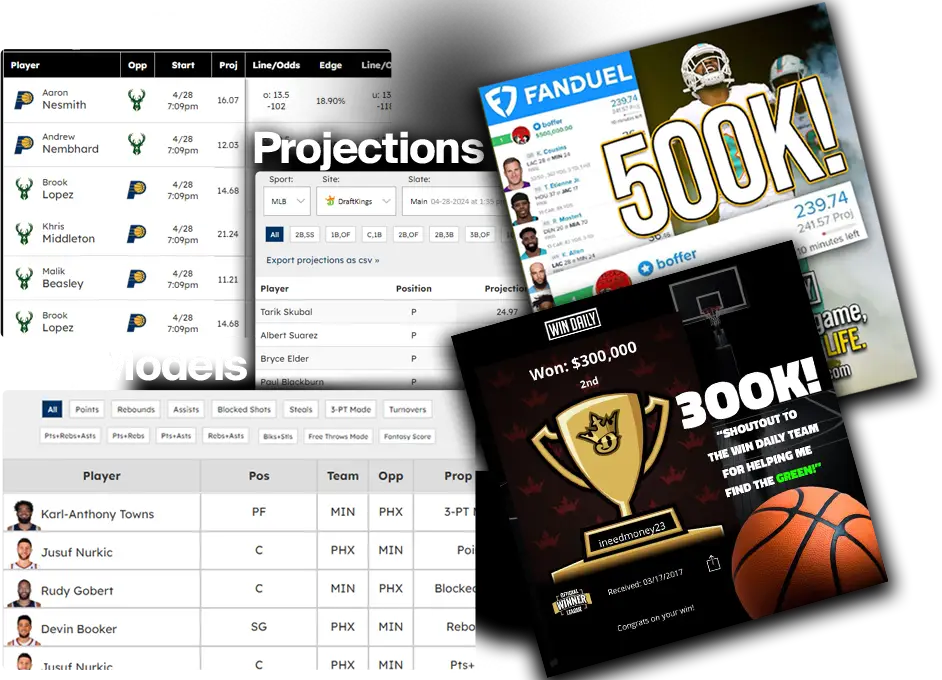Understanding the Importance of Bankroll Management in NFL Betting
Bankroll management is a critical aspect of NFL betting that is often overlooked by beginners. Properly managing your betting bankroll can mean the difference between sustained success and quick failure. This guide will explain the importance of bankroll management, offer practical strategies, and provide tips to help you bet responsibly and effectively.
What is Bankroll Management?
Bankroll management refers to the practice of allocating and controlling your betting funds in a way that minimizes risk and maximizes long-term profitability. It involves setting aside a specific amount of money for betting and determining how much to wager on each bet.
Why Bankroll Management is Important
- Prevents Financial Losses: Effective bankroll management helps prevent significant financial losses and ensures that you don’t bet more than you can afford to lose.
- Reduces Emotional Betting: By sticking to a predetermined betting plan, you reduce the likelihood of making impulsive, emotionally-driven bets.
- Sustains Betting Longevity: Proper management allows you to weather losing streaks and stay in the game for the long haul.
- Promotes Discipline: Bankroll management promotes disciplined betting habits, which are essential for long-term success.
Key Strategies for Bankroll Management
- Set a Budget
- Use Units
- Flat Betting
- Adjust Bet Size Based on Confidence
- Avoid Chasing Losses
- Review and Adjust
Set a Budget
Determine how much money you are willing to allocate for NFL betting. This amount should be an expendable portion of your overall finances, meaning it won’t impact your day-to-day living expenses or savings.
Example: If you have $1,000 that you can afford to lose, set this as your betting bankroll.
Use Units
Divide your bankroll into units to standardize your bets. A unit is typically 1-5% of your total bankroll, depending on your risk tolerance. This helps to minimize the impact of any single bet on your overall bankroll.
Example: If your bankroll is $1,000 and you decide to use 2% units, each unit would be $20. Thus, you would bet $20 per game.
Flat Betting
Flat betting involves betting the same amount on every game, regardless of your confidence level. This approach helps to manage risk and prevents you from making larger, potentially riskier bets.
Example: If you decide to flat bet 2% of your bankroll per game, you would bet $20 on each NFL game, regardless of the matchup.
Adjust Bet Size Based on Confidence
As you gain experience, you might want to adjust your bet size based on your confidence in a particular wager. However, even in this approach, it’s crucial to maintain discipline and not exceed a set maximum percentage of your bankroll.
Example: If you are very confident in a particular bet, you might bet 3% of your bankroll instead of the usual 2%. For a $1,000 bankroll, this would mean betting $30 instead of $20.
Avoid Chasing Losses
Chasing losses involves increasing your bet size in an attempt to recover previous losses quickly. This approach can lead to even greater losses and is a common pitfall for many bettors.
Example: If you lose three bets in a row, resist the urge to bet $100 on the next game to recover your losses. Stick to your standard bet size.
Review and Adjust
Regularly review your betting performance and bankroll status. Assess what strategies are working and make necessary adjustments to improve your betting approach.
Example: At the end of each month, review your wins and losses, and adjust your unit size if your bankroll has significantly increased or decreased.
Practical Tips for Effective Bankroll Management
- Stay Disciplined: Adhere to your betting plan and unit sizes, regardless of short-term results.
- Keep Records: Maintain detailed records of all your bets, including the amount wagered, odds, and outcomes. This helps you analyze your performance and identify areas for improvement.
- Be Realistic: Understand that losing streaks are a part of betting. Don’t get discouraged, and avoid making drastic changes based on short-term results.
- Separate Betting Funds: Keep your betting bankroll separate from your personal savings and expenses. This helps maintain clarity and discipline in your betting activities.
- Limit Bet Frequency: Don’t feel compelled to bet on every game. Focus on quality over quantity, and only place bets when you see real value.
Conclusion
Understanding and implementing effective bankroll management is essential for any NFL bettor, whether you’re a beginner or an experienced bettor. By setting a budget, using units, practicing flat betting, avoiding chasing losses, and regularly reviewing your performance, you can manage your risk and increase your chances of long-term success. Remember, betting should be an enjoyable and sustainable activity, so always bet responsibly and within your means.






